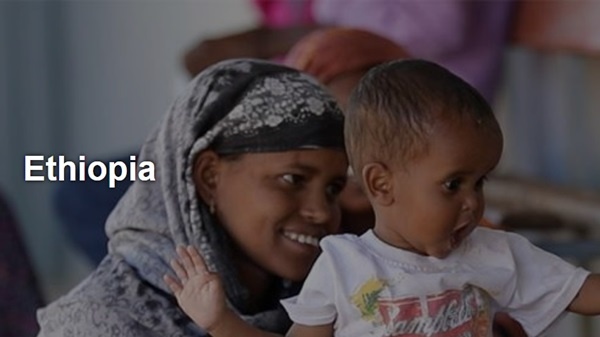
The European Union (EU) announced, on 9 November 2023, new funding of €1 million (USD 1.07 million) to Ethiopia to contribute towards the ongoing humanitarian response to the cholera epidemic that has been claiming lives since August 2022 when the outbreak started.
The funding comes from the EU’s Emergency Toolbox to respond to sudden onset crises. It adds on to the EU support already being provided to vulnerable communities in the affected areas and elsewhere in the country as part of the EU’s humanitarian program.
According to official in-country data, there have been well over 26,000 cases registered by health institutions since the start of the outbreak, with more than 370 deaths. The cholera outbreak adds to the level of fragility in areas already having high humanitarian needs due to conflict or climate-related hazards.
The situation is being further aggravated by climate. The influence of El Niño is likely to continue until May 2024, bringing wetter than usual weather conditions in lowland areas of the country, already resulting in severe flood episodes in areas currently affected by the outbreak.
The additional humanitarian funding will help humanitarian organizations in enhancing their operations in cholera treatment and prevention in affected areas. This will be achieved through:
- support to health facilities and treatment centers
- distribution of critical health supplies
- staff training
- improved access to safe water and sanitation services
- promotion of adequate hygiene practices
- boosting the community’s engagement contributing to the epidemics surveillance system amongst other activities.
Background
In 2023, the EU has already allocated €82.5 million to humanitarian projects in Ethiopia, to support conflict- and drought-affected populations. The EU helps vulnerable people in Ethiopia by contributing to:
- rapid, multi-sectors life-saving humanitarian response to conflict-affected people,
- vulnerable people affected by natural shocks, including drought, floods, epidemic outbreaks, and
- assistance to refugees, asylum-seekers, and internally displaced people.
Source: European Civil Protection and Humanitarian Aid Operations
